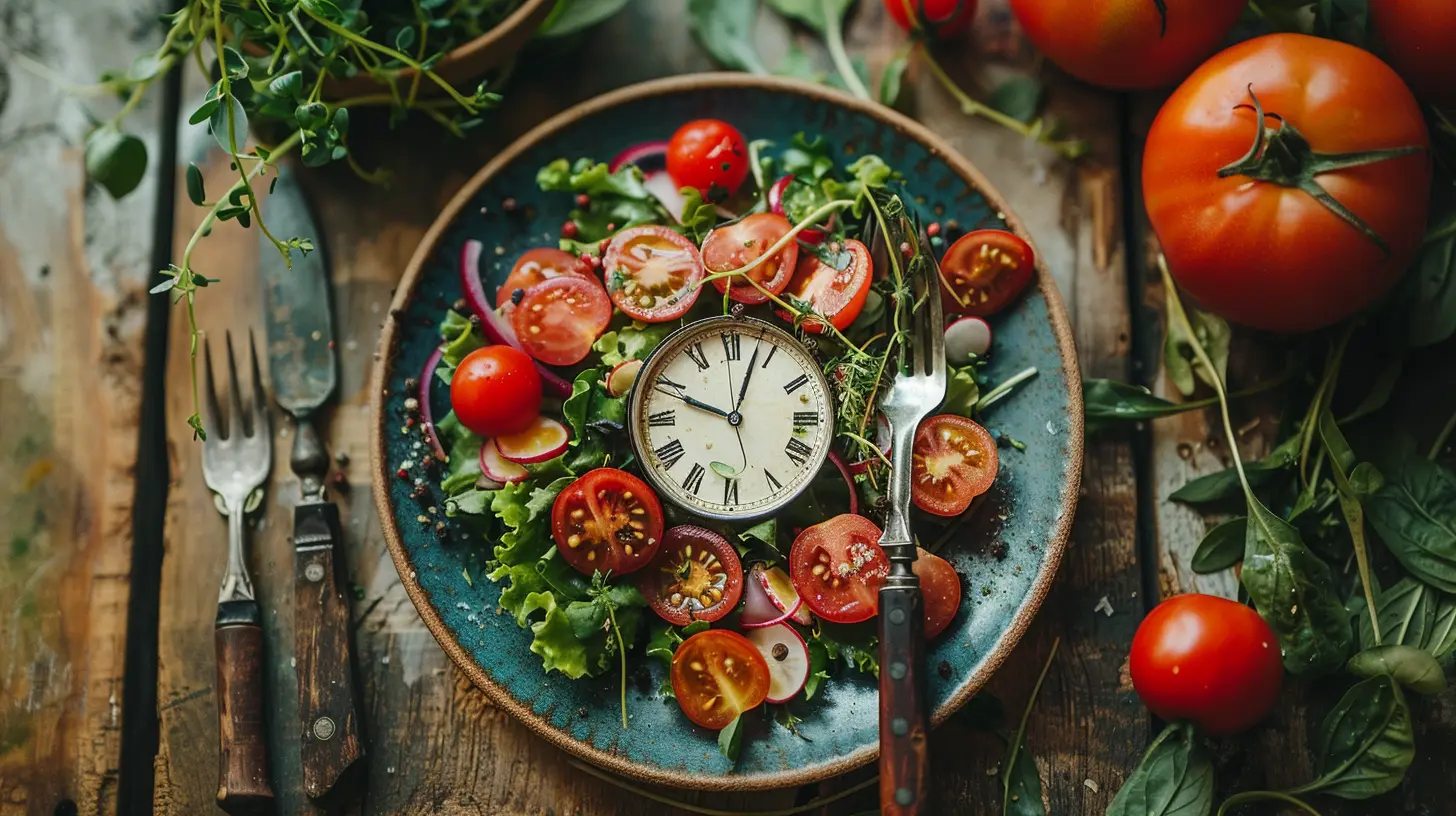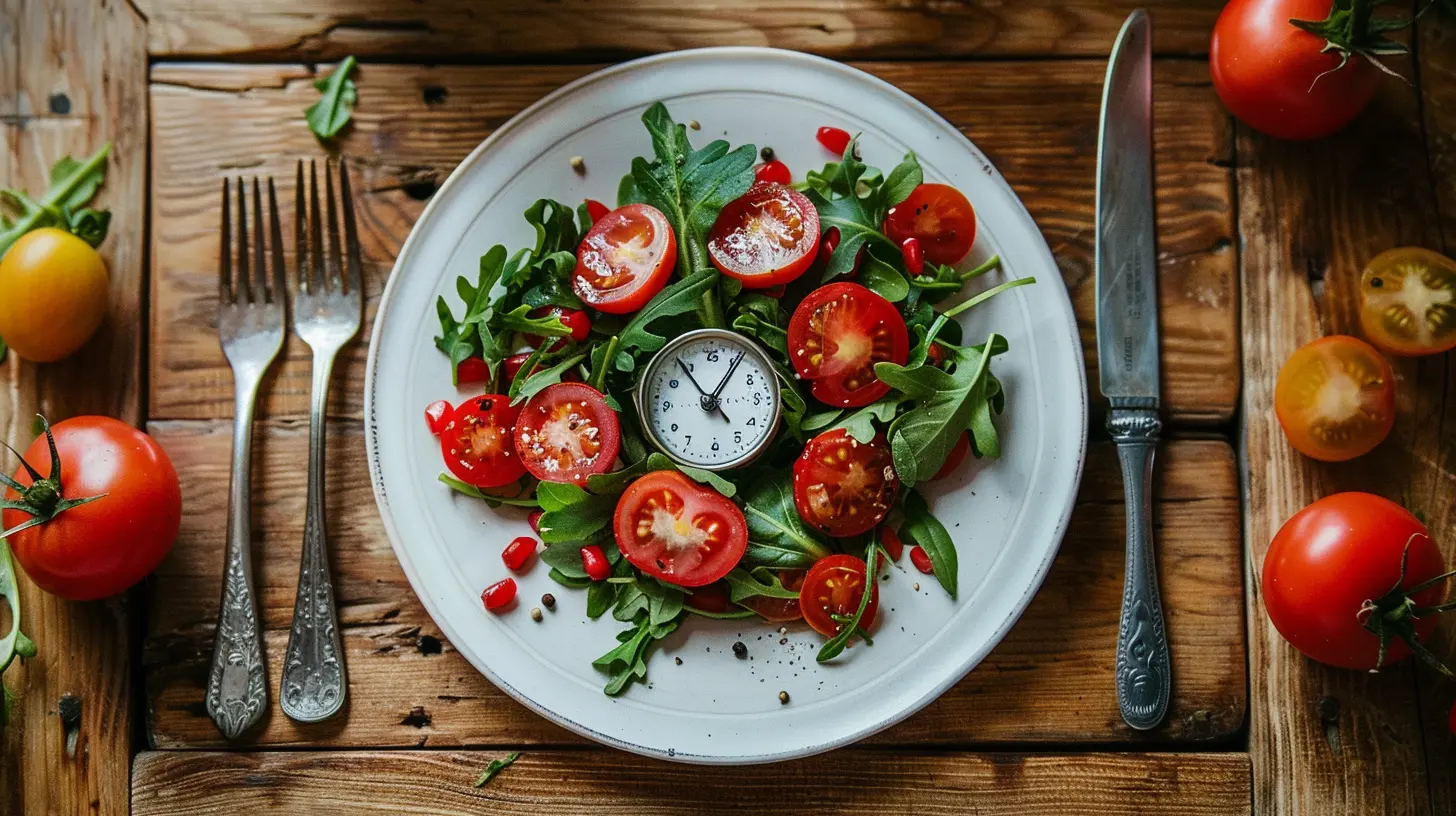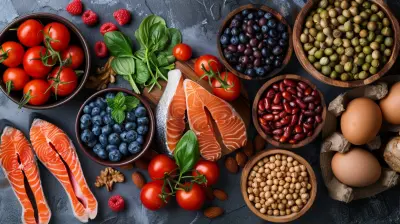5 December 2024
What if I told you that eating less — yes, less — could actually give you more energy? It might sound counterintuitive at first, but fasting has been gaining serious traction as a tool for not just weight loss, but also for boosting energy levels and mental clarity. Many people who try it swear by the newfound sense of vitality they experience. So, let’s dive into the fascinating world of fasting and discover why skipping meals might just make you feel more alive than ever.
What is Fasting, Anyway?
Fasting is simply abstaining from food for a certain period. This isn’t some crazy modern fad; in fact, it’s been around forever. Think about it: our ancestors regularly went through periods of fasting when food wasn’t readily available. Fasting is also a common practice in many religions, from Ramadan in Islam to Yom Kippur in Judaism.But today, people are adopting fasting for entirely different reasons. It’s no longer just about tradition—now, it’s about health and, more specifically, energy. Whether it’s intermittent fasting (like the ever-popular 16:8 method), alternate-day fasting, or prolonged fasts, many are finding that less food equals more vitality. Weird, right?
The Science Behind Fasting and Energy
1. Less Food, Fewer Energy Spikes
Let’s talk science for a sec. When you eat, particularly carb-heavy meals, your blood sugar goes on a little rollercoaster ride. First, there’s a sharp spike, and you feel great — hello, temporary energy boost! But shortly after, your blood sugar crashes, and you’re left feeling sluggish, tired, and ready for a nap. Sound familiar?Fasting, on the other hand, stabilizes your blood sugar. Without those constant ups and downs, your body finds its rhythm. The result? A more consistent, level-headed energy throughout the day. Basically, your body shifts gears from fueling off glucose (sugar) to burning fat for energy — a state called ketosis. And fat? It’s a slow-burning, reliable fuel source. Kind of like switching from a gas-guzzling car to a hybrid.
2. Cellular Housekeeping: Autophagy
Here’s another cool thing: fasting triggers something called autophagy. Think of autophagy as your body’s way of cleaning house. When you’re not eating, your cells kick into repair mode, clearing out old, damaged cells and regenerating new ones. It’s like a spring cleaning for your body!This process not only boosts your physical energy but also sharpens mental clarity. Fewer sluggish, damaged cells = better overall performance. Imagine your body operating like a well-oiled machine—it’s no wonder you feel more alive after fasting.
So Why Do Some People Feel Tired at First?
Okay, let’s be real: not everyone feels like running a marathon the first time they try fasting. It’s normal to experience some fatigue in the beginning, especially if your body is used to frequent meals. Think of it as your body throwing a little tantrum because it’s out of its comfort zone. This is often referred to as the "keto flu," where your body transitions to burning fat instead of glucose.Here’s the good news: it doesn’t last forever. Once your body adapts, you’re rewarded with sky-high energy levels, better focus, and even improved mood. 
The Psychological Aspect: Less Food, More Focus
Have you ever noticed how energized you feel on a super busy day when you forget to eat lunch? It’s as if your brain goes into overdrive, fueled by sheer determination. Well, fasting artificially replicates that experience.Without constant digestion demanding your energy, your body redirects its focus elsewhere. It’s like closing all those unnecessary tabs on your computer to increase performance. Suddenly, your brain has more bandwidth to tackle that to-do list or dive headfirst into a creative project. You’ll feel sharp, present, and strangely productive.
Fasting for Mental Energy: Why Clarity Improves
Aside from the physical benefits, let’s talk about the mind. Fasting does something fascinating to your brain: it helps your body produce brain-derived neurotrophic factor (BDNF). This fancy-sounding protein is like Miracle-Gro for your neurons. It promotes the growth of new brain cells, supports existing ones, and improves your ability to focus and learn.You’ll notice something else, too: a heightened sense of mindfulness. Without the distraction of food, your mind becomes more attuned to your surroundings. You’re not worrying about what’s for dinner but instead focusing on the task at hand. It’s a bit like meditation — but without sitting cross-legged in silence for hours on end.
Fasting and Hormones: Energy on a Cellular Level
Let’s not forget about the role hormones play in your energy levels. Fasting lowers insulin levels, which improves your body’s ability to access stored fat for energy. It also boosts norepinephrine, a hormone that acts like adrenaline’s little sibling — giving you that “ready to take on the world” vibe.And then there’s human growth hormone (HGH). During fasting, HGH levels skyrocket, promoting muscle growth, fat loss, and recovery. Essentially, fasting tunes your hormones to work more efficiently, leaving you feeling unstoppable.
How to Start Fasting Without Losing Energy
Don’t worry — I’m not about to suggest you jump into a week-long fast tomorrow. Fasting is a practice, and like anything worth doing, it takes time to get it right. Here are some tips to get started:1. Start Small: Begin with a simple fast, like 12 hours (think dinner to breakfast). Gradually increase the fasting window as your body adjusts.
2. Stay Hydrated: Dehydration is the quickest way to feel tired, so drink plenty of water while fasting.
3. Don’t Forget Electrolytes: Fasting can flush out electrolytes, so replenish them with mineral-rich foods or supplements when you’re eating.
4. Listen to Your Body: If you’re feeling weak or lightheaded, don’t push it. Break your fast and try again another day.
5. Eat Balanced Meals: When you do eat, focus on nutrient-dense foods that fuel your body, like healthy fats, proteins, and leafy greens.
Who Should Avoid Fasting?
Of course, fasting isn’t for everyone. If you’re pregnant, breastfeeding, dealing with a medical condition like diabetes, or have struggled with eating disorders in the past, fasting may not be the best choice for you. Always consult your doctor before making any drastic changes to your diet.The Bottom Line: Why Fasting Gives You Energy
At the end of the day, fasting allows your body and mind to work smarter, not harder. By giving your digestive system a break, stabilizing your blood sugar, and boosting those feel-good hormones, fasting creates the perfect storm for a more energized, focused you.Feeling alive doesn’t always mean scarfing down a big breakfast or sipping on coffee all day. Sometimes, it means giving your body the space to reset and recharge. So, the next time you’re feeling run-down, maybe consider skipping a meal — not as punishment, but as a way to rediscover your vitality. Who knows? You might just find that with less food, you feel more alive.










Ulysses Clarke
Embrace the power of fasting! You might just discover a lively, energetic version of yourself. Less food can mean more zest for life—cheers to new adventures!
February 4, 2025 at 4:19 PM